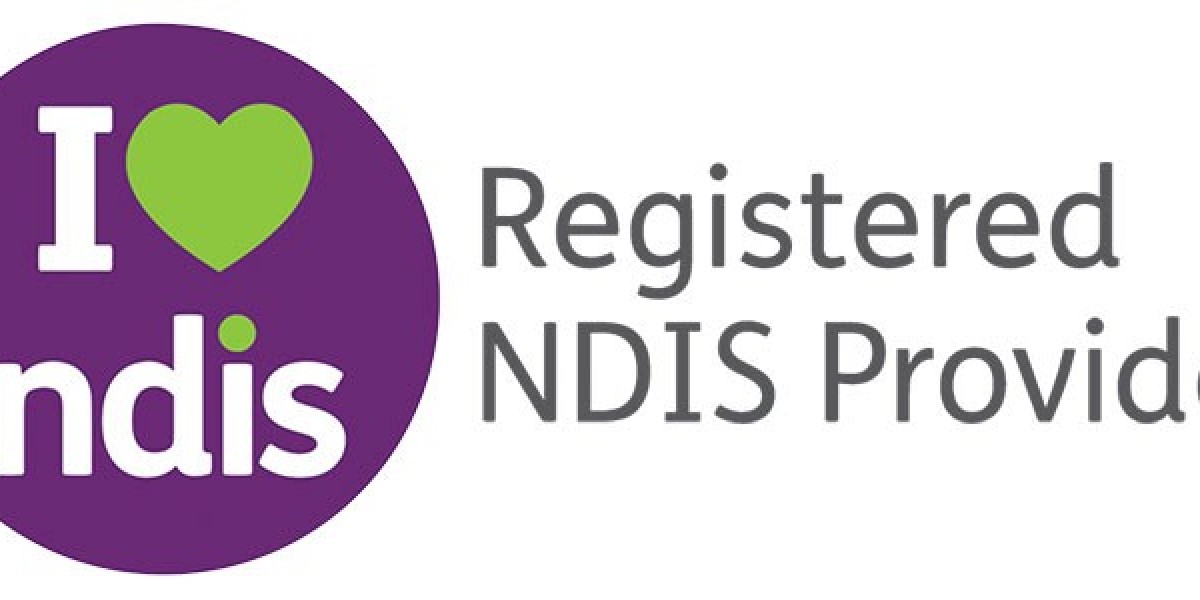In recent years, the National Disability Insurance Scheme (NDIS) has emerged as a pivotal support system for individuals with disabilities in Australia. NDIS service providers play a crucial role in ensuring that participants receive the necessary care, services, and opportunities to lead fulfilling lives. This article explores the significance of NDIS service providers and provides valuable insights into their roles and responsibilities.
Understanding the NDIS and Its Objectives
The NDIS is a government-funded initiative designed to provide support to Australians with permanent and significant disabilities. Its primary objective is to empower individuals by giving them more control over their lives and supporting their independence. NDIS service providers work in conjunction with participants, their families, and carers to deliver a wide range of services tailored to meet the unique needs and goals of each individual.
The Role of NDIS Service Providers
NDIS service providers act as facilitators of support, bridging the gap between participants and the resources they require. Their role encompasses various responsibilities, including:
a. Assessing Eligibility: NDIS service providers collaborate with participants to determine their eligibility for the scheme. This involves evaluating the impact of the participant's disability on their daily life and establishing their access to NDIS-funded support.
b. Developing Individualized Plans: Once eligibility is confirmed, NDIS service providers work closely with participants to create individualized plans. These plans outline the participant's goals, aspirations, and the support services required to achieve them.
c. Coordination of Supports: NDIS service providers assist participants in coordinating the supports outlined in their plans. They engage with various service providers and organizations to ensure seamless delivery of services and maximize the participant's outcomes.
d. Service Delivery: NDIS service providers offer a broad spectrum of services, including personal care, therapy, housing support, employment assistance, and social participation programs. They collaborate with participants to identify the most suitable providers and facilitate service delivery.
e. Ongoing Review and Monitoring: NDIS service providers continually review and monitor participants' plans to ensure their goals are being met effectively. They also assist in managing any changes in circumstances or needs, making adjustments to the support arrangements when necessary.
Benefits of Engaging NDIS Service Providers
The involvement of NDIS support service providers brings numerous benefits to participants:
a. Personalized Support: NDIS service providers recognize that each participant's needs are unique. They work closely with individuals to develop personalized plans, ensuring that support services align with their goals and aspirations.
b. Improved Access to Services: NDIS service providers have an extensive network of service providers, making it easier for participants to access a wide range of services tailored to their requirements. This comprehensive approach simplifies the process and reduces the burden on participants and their families.
c. Expertise and Guidance: NDIS service providers possess in-depth knowledge and expertise in navigating the complexities of the scheme. They offer guidance to participants, empowering them to make informed decisions and maximize their outcomes.
d. Streamlined Processes: By coordinating supports and managing service delivery, NDIS service providers streamline the overall process, minimizing administrative burdens and ensuring efficient utilization of resources.
How to Choose an NDIS Service Provider
Selecting the right NDIS service provider is crucial for participants to receive the best possible support. Consider the following factors when making a choice:
a. Experience and Expertise: Look for providers with a proven track record and extensive experience in the disability sector. Ensure they have the expertise and understanding of your specific needs.
b. Services Offered: Evaluate the range of services offered by the provider and determine if they align with your goals and requirements.
Conclusion
NDIS service providers play a vital role in supporting individuals with disabilities and helping them lead fulfilling lives. By assessing eligibility, developing personalized plans, coordinating supports, and delivering a wide range of services, these providers facilitate the goals and aspirations of NDIS participants.








